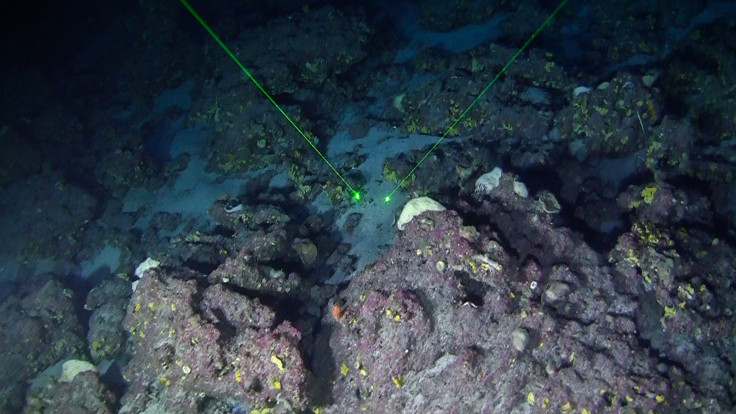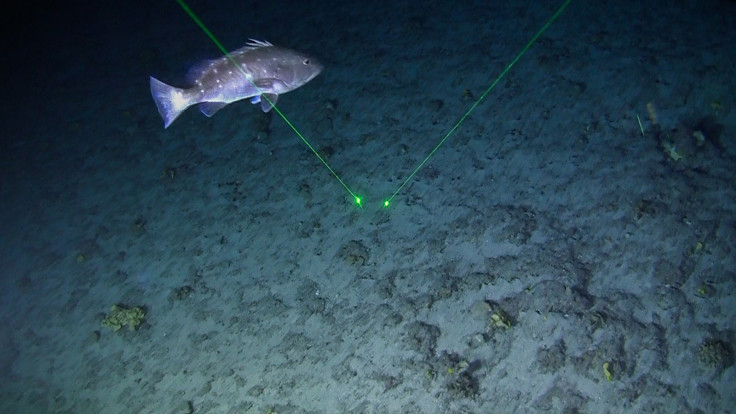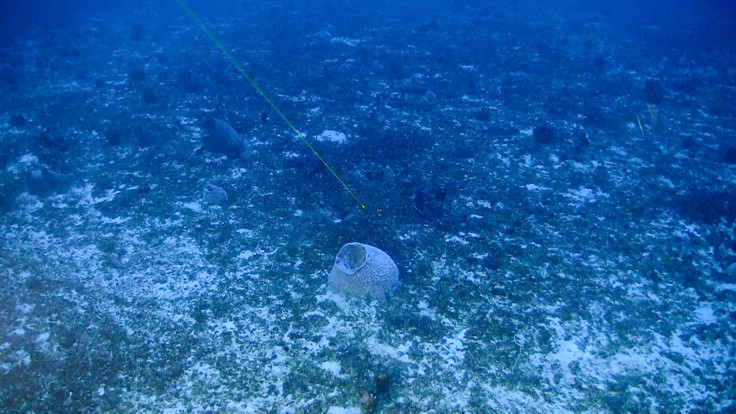First underwater views of the newly-discovered Amazon reef system revealed
Oil drilling in the Amazon Basin close to the reef could put the unique biome at risk.
The first underwater images of the 9,500 square kilometre Amazon reef show a mosaic of corals and sponges buzzing with life in an area thought to be too inhospitable for reefs to grow.
Oceanographers and Greenpeace activists dived to the reef, 100km from the Brazilian coast, to a depth of 220 metres to document the reef. The coral system is almost 1,000km long and is found near the mouth of the Amazon River at the Atlantic Ocean.
The reef was discovered in April 2016 when scientists dredged up a range of organisms including rhodoliths, crusty growths of red algae that look similar to corals. The find was a surprise, as river mouths are usually thought to be a difficult environment for reefs to form in due to their murky waters, salinity levels and pH.
"This reef system is important for many reasons, including the fact that it has unique characteristics regarding use and availability of light, and physicochemical water conditions," said Nils Asp, a researcher at the Federal University of Pará, Brazil.
"It has a huge potential for new species, and it is also important for the economic well-being of fishing communities along the Amazonian Coastal Zone."
Asp and his colleagues want to study the way the reef is coping with low light levels in the basin.
"Hopefully, this will lead to a gradual mapping of the reef system. At the moment, less than 5% of the ecosystem is mapped," said Asp.

However, the reef is now at risk of disturbance from oil drilling as the Brazilian government has opened the area for commercial exploration. The oil companies Total and BP won rights to drill in the Amazon Basin in 2013.
Drilling near the mouth of the Amazon River is said to have been hampered by technical problems due to strong currents and large amounts of sediment, according to Greenpeace.

"We must defend the reef and the entire region at the mouth of the Amazon River basin from the corporate greed that puts profits ahead of the environment. One of Total's oil blocks is only 8km from the reef, and environmental licensing processes are already under way," said Thiago Almeida, campaigner at Greenpeace Brazil.

© Copyright IBTimes 2024. All rights reserved.






